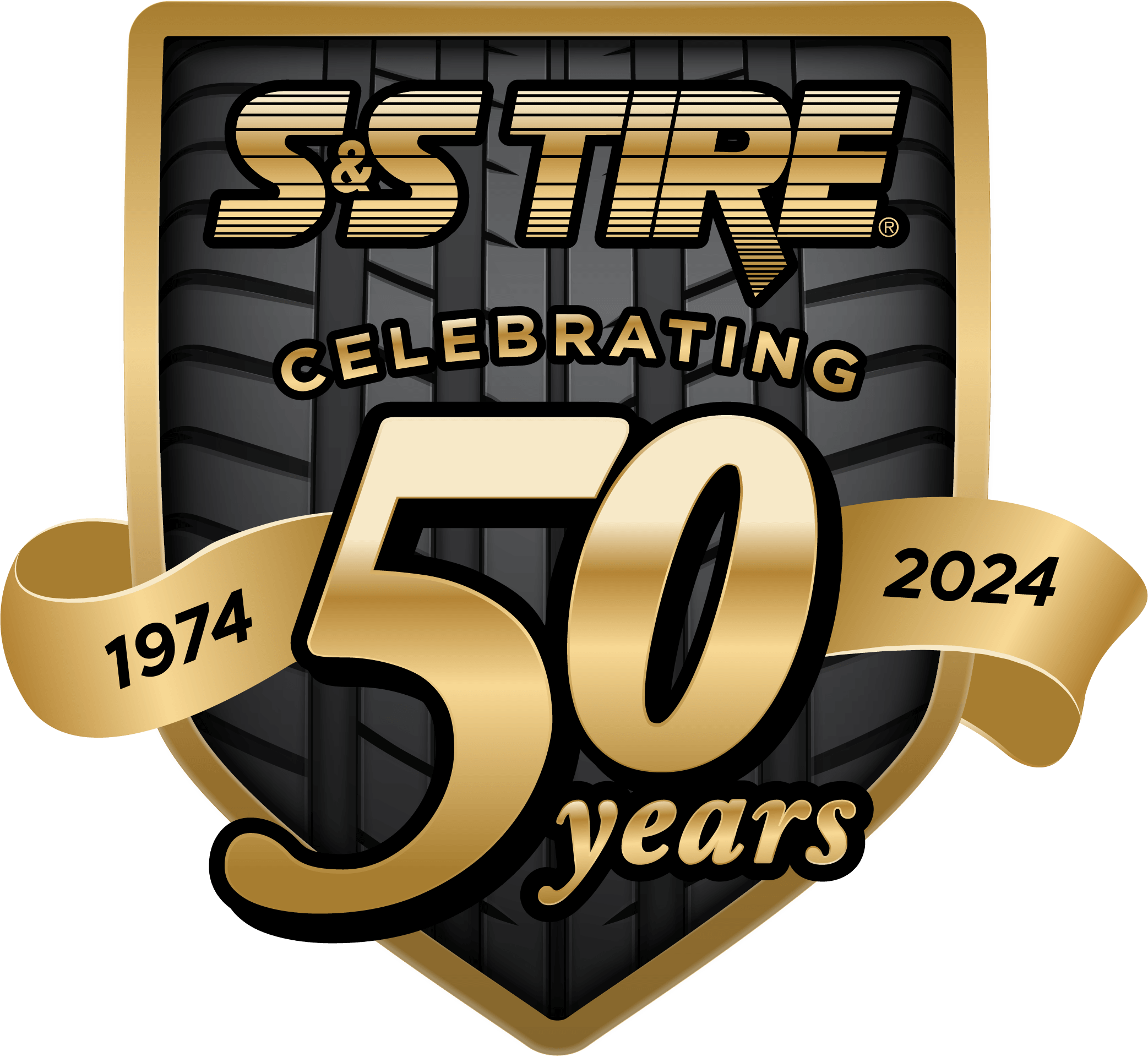 Dear Tracy,
Dear Tracy,
What is the difference between wheel alignment and tire balancing? Are these separate services, and if so, should I have them both done at the same time?
-Claire M.
Dear Claire,
Wheel alignment and wheel balancing are separate services, but they are commonly confused. Both of them are important and necessary for enhancing the life and performance of your tires. Wheel balancing should be performed more frequently, while a wheel alignment should not be needed as often.
Wheels lose balance over time, so wheel balancing service is necessary to restore proper balance. Tread wear causes the distribution of weight around the tire to change. This leads to an imbalance that causes the vehicle to shake or vibrate. During wheel balancing service, the technician will use a calibrated spin balancer, and usually will test both static (non-moving) and dynamic (moving) wheel balance. Improperly balanced wheels will be adjusted to the proper balance. Tire balancing is typically performed when tires are rotated on the vehicle, which is usually every 5-6,000 miles or 6 months.
Wheel alignment is sometimes referred to as “front end alignment” or “tire alignment.” During this service, your technician will adjust the angle of your car’s wheels to the position to the manufacturer’s recommended specification. Wheel alignment service will include a tire tread check for signs of poor alignment, as well as inspection of the toe, camber, and caster, which are the three components for measuring wheel orientation. Following the evaluation, all necessary adjustments are made and the service is complete. Most manufacturers recommend having wheel alignment checked every 10,000 miles. You should also have it checked if you notice the vehicle pulling to one side, or if the vehicle has recently been in a collision.
